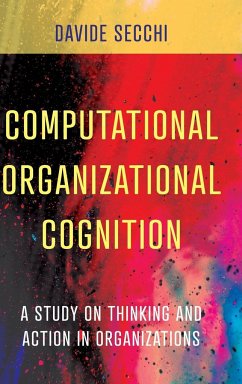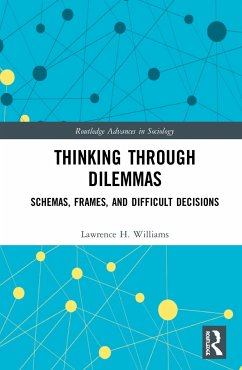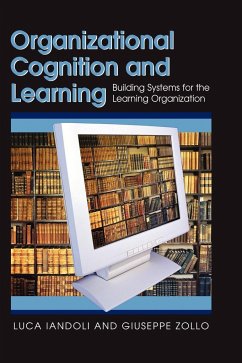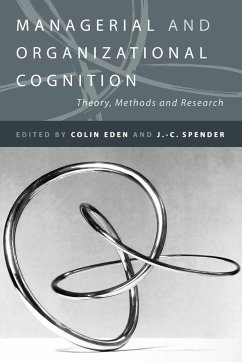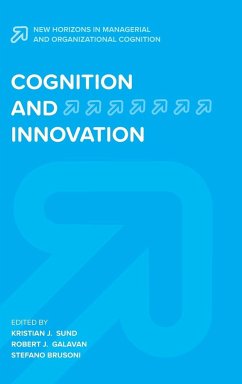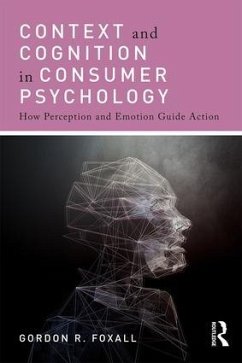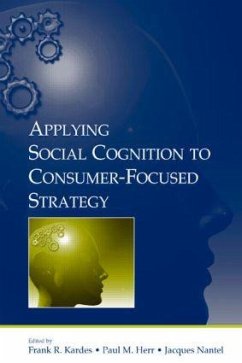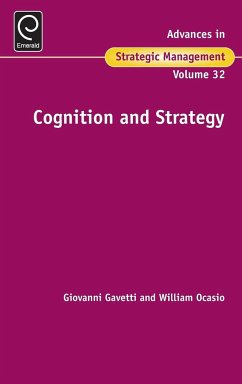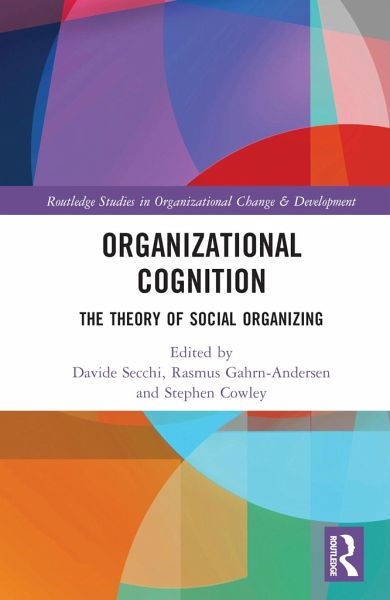
Organizational Cognition
The Theory of Social Organizing
Herausgeber: Secchi, Davide; Cowley, Stephen J.; Gahrn-Andersen, Rasmus

PAYBACK Punkte
93 °P sammeln!
Organizational Cognition takes the perspective of cognition as distributed in the sense that it needs tools, artifacts, objects, and other external entities to allow the brain to operate properly and applies it to the organization by introducing a model that defines the elements that allow cognition to work.





